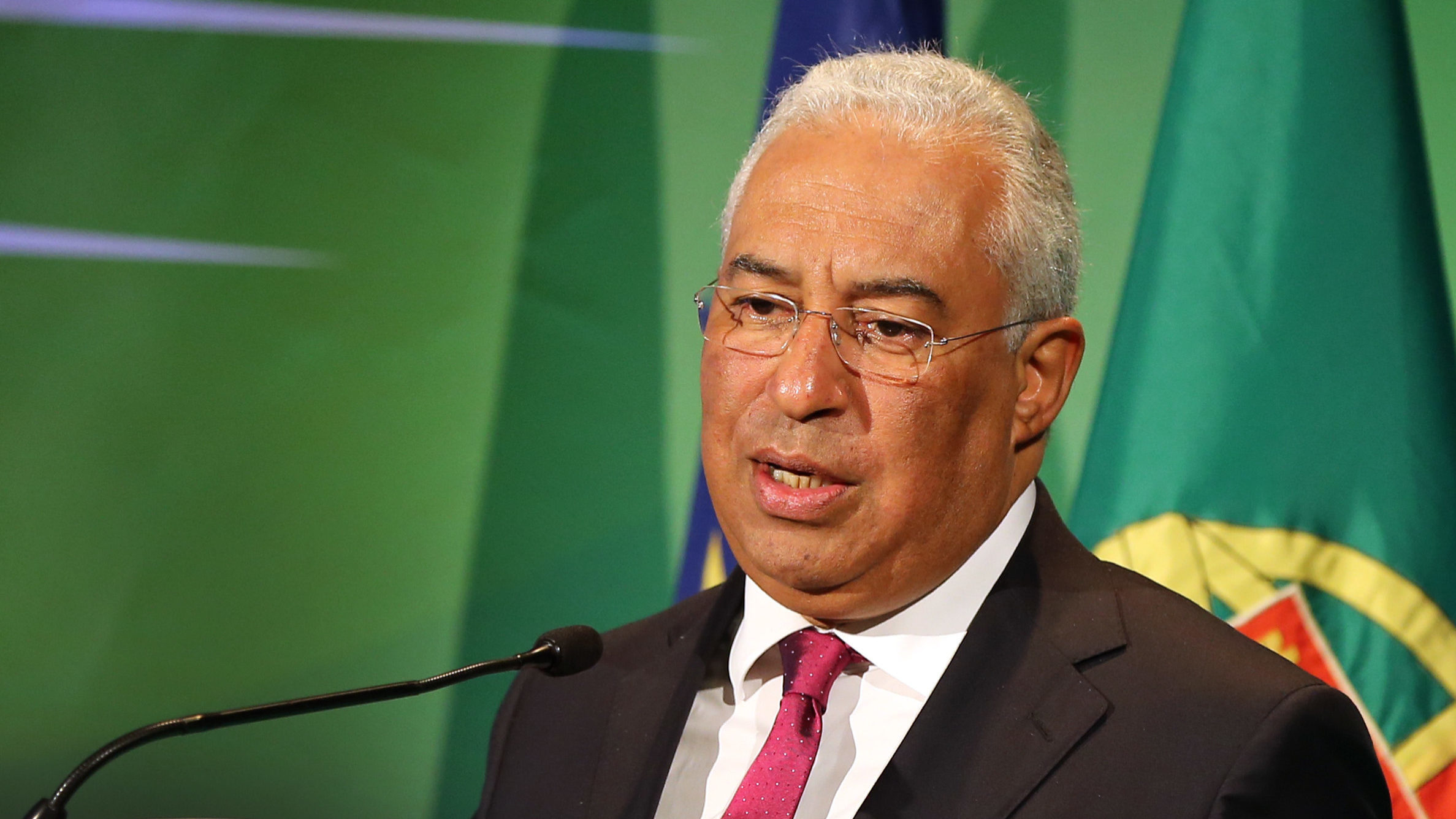DBRS: “An increase in public investment tends to be very efficient”
Within the context of weak economic growth in the Euro Area, a possible solution could be to commit to domestic demand and public investment. Yet, Portugal must keep fiscal consolidation in mind.
Fergus McCormick, chief economist of DBRS in Portugal, spoke to ECO on October 6th, eight days before the government’s submission of the 2017 State Budget draft. Being an analyst for the only rating agency keeping Portugal eligible for ECB’s purchase programme, he acknowledges the main concern is growth. However, McCormick stresses he does not want to see a lack of political commitment to the goals of the Stability and Growth Pact. The agency is due to review Portugal’s rating on October 21st.
In the beginning of the interview, when asked about what he would not like to see on the Portuguese 2017 State Budget, Fergus McCormick saluted Portugal’s “commitment to the fiscal target”, saying it is “very good news” and added that “in terms of the Budget that is going to be introduced, we [DBRS] expect the Portuguese authorities to continue this firm commitment to the Stability and Growth Pact target to reduce their fiscal deficit over time, but we would not want to see a lack of continued political commitment to these targets”. McCormick stressed, given the low growth environment, the importance “for Portugal to continue on this fiscal adjustment track”.
Regarding taxation measures, McCormick pointed that in order to reduce the deficit, the authorities have relied on “revenue and expenditure adjustments”; the decrease in the deficit in the first half of the year (“0.4% reduction in expenditure and 0.2% increase on revenue”) and the increase in tax revenues was caused “without additional taxation, or simply by improving salaries”.
When ECO asked if structural reforms are expected, McCormick stated the fiscal adjustments (“adjustments to wages and other quick fixes”) and significant structural changes in the economy made by the Portuguese authorities have been “commendable”, adding that DBRS doesn’t “know what to expect ahead at this point in time – most likely there will be structural components to the Programme for next year”.
McCormick clarified: “Maintaining discipline of the finances through the medium term is important for debt stabilization”, and also to “continue to build our investors’ confidence”. To promote economic growth, the Portuguese Government, like all governments, should present a State Budget which has, “[as a starting point,] realistic targets for growth and for the primary balance, for debt to GDP and other variables the government works with”.
“The weakness is more on the economic activity side and less on the fiscal side”; since economic growth is “not only a function of domestic demand but also on exports”, the deceleration of the economic activity in Angola, Brazil, and countries in the Eurozone such as Italy and France are “making a faster growth rate less likely in this point in time”. This makes it unfair for DBRS to concentrate only on Portugal: “We are looking at all Eurozone”.
In order to understand whether or not Portugal can look at domestic demand as a good strategy, McCormick says he needs to answer considering two main points:
- Firstly, it must be understood “what measures can be introduced in the short term to crop up consumption and investment”, considering “salaries and productivity rates grew very slightly” but “the overall unit labor costs grew 0%” which helps “the competitiveness of the Portuguese economy”.
- Secondly, it is necessary to see “what structural economic reforms can be introduced to try to raise potential GDP or the growth of the economy as whole”. Disposable income of households grew by 7%, so “consumption is looking fairly healthy, but the overall productivity growth rate of the Portuguese economy is stagnating”. Fergus McCormick poses the question: “What can be done to increase productivity growth?”, and gives two possible solutions to this “complicated question”: working longer hours, or increasing the size of the workforce, pointing out it would be wise if “the government attempted to attract more immigrants to Portugal”.




